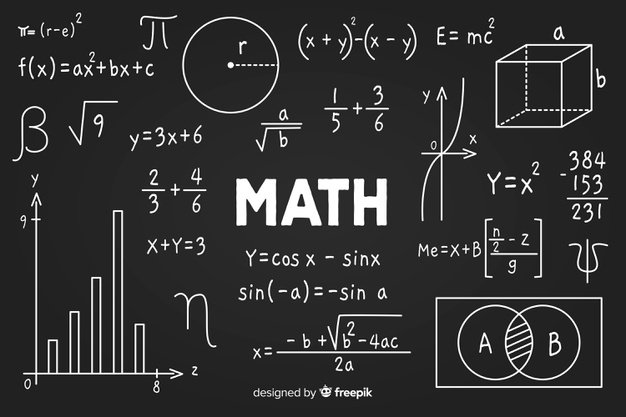In this Class students need to spot sentences and error which are grammatically incorrect. This error can be anything. From noun to pronoun to singular/plural to word usage they can be anything.
Tips for error spotting in the English Language
1. Certain nouns being a singular form represent plurality and therefore, take a plural verb in a sentence.
Example: police, clergy, people, peasantry, cattle.
- People has left. (Incorrect)
- People have left. (Correct)
2. Certain nouns take the plural verb because of their plural form.
Example: Clothes, Scissors, trousers, amends, spectacles, thanks.
- The spectacles is missing. (Incorrect)
- The spectacles are missing. (Correct)
3. When a noun denoting weight, number, money, length or measure is following a number, the noun form does not change as long as another noun or pronoun follows it.
Example: Million, pair, meter, year, dozen.
- This is a 9-meters scale. (Incorrect)
- This is a 9-meter scale. (Correct)
4. When the pronoun ‘one’ is used, it should be maintained throughout the whole sentence.
- One must help his siblings. (Incorrect)
- One must help one’s siblings. (Correct)
5. For living people ‘whose’ is generally used and for things that are non-living ‘which’ is used.
- Which phone is kept on charging? (Incorrect)
- Whose phone is kept on charging? (Correct)
6. ‘Fewer’ is used for denoting number while ‘Less’ is used for denoting quantity.
- No less than thirty dogs were. (Incorrect)
- No fewer than thirty dogs were. (Correct)
7. Sentences are always opposite to question tags, for example, if the question tag is positive then the sentence is negative and vice versa.
- It’s a bit early, is it? (Incorrect)
- It’s a bit early, isn’t it? (Correct)
8. Instead of ‘who’ or ‘which’, the relative pronoun ‘that’ is used after adjectives in the superlative degree.
- These are the best which he could get. (Incorrect)
- These are the best that he could get. (Correct)
9. ‘As’ is used both before and after the adjective to show equality.
- I can write as fast, if not faster than her. (Incorrect)
- I can write as fast as, if not faster than her. (Correct)



 Paulamy Bhattacharjee
Paulamy Bhattacharjee




.jpeg )
.jpeg )
.jpg)




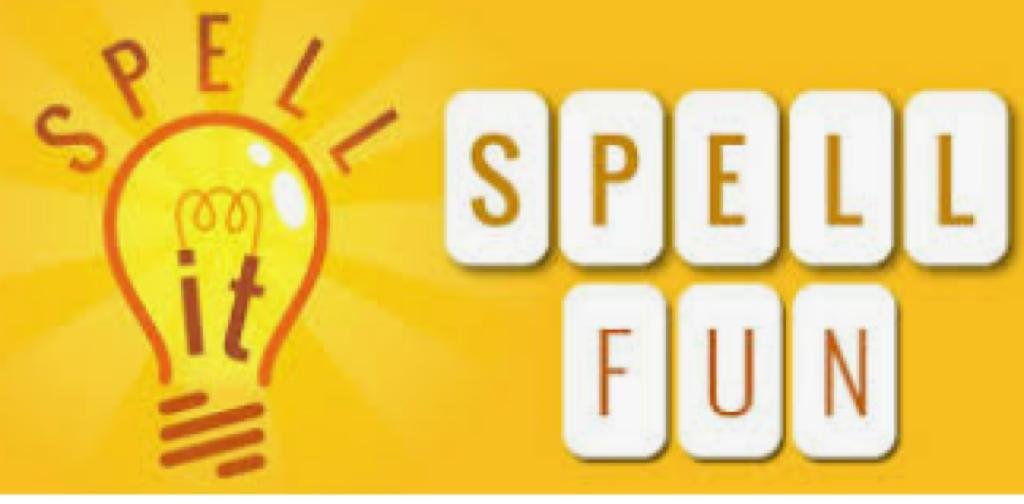

.jpeg )
.jpg )


.jpg )
.jpeg )










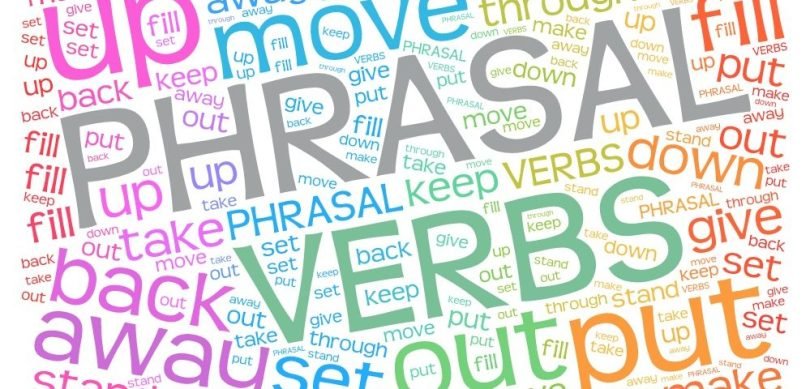




.jpeg )
.jpeg )




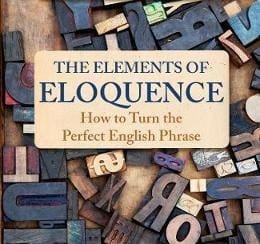










.jpeg)




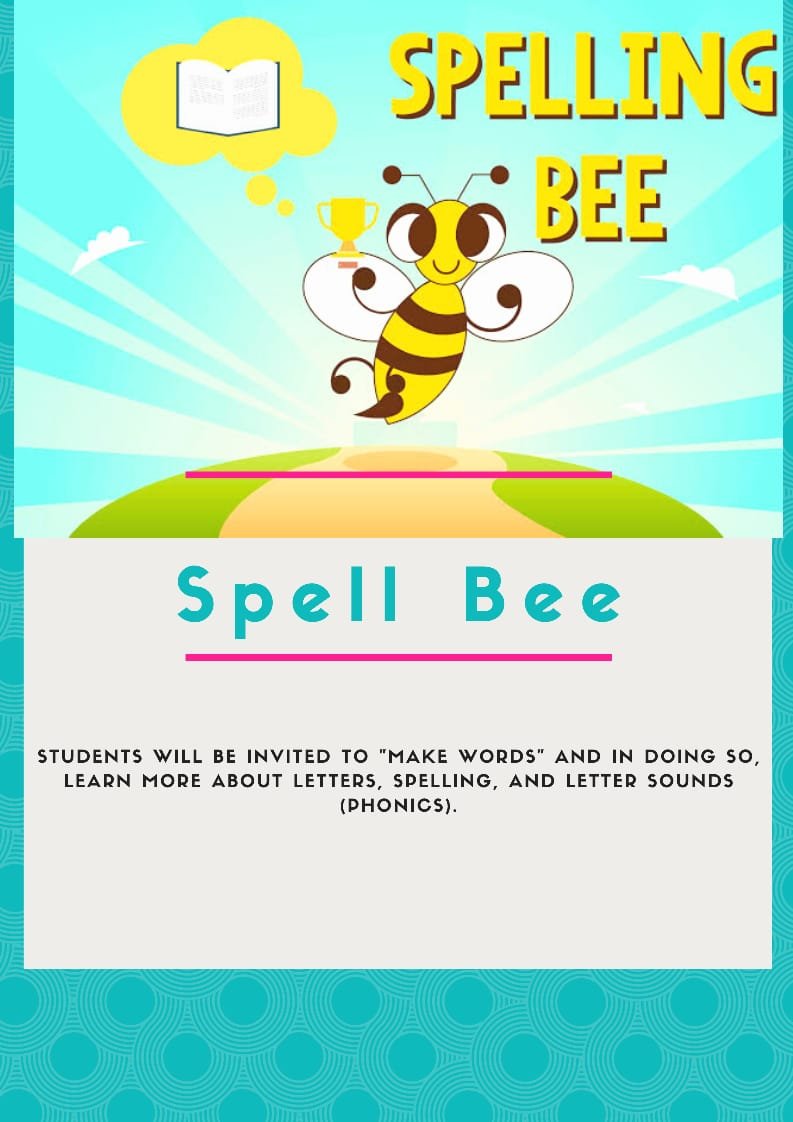




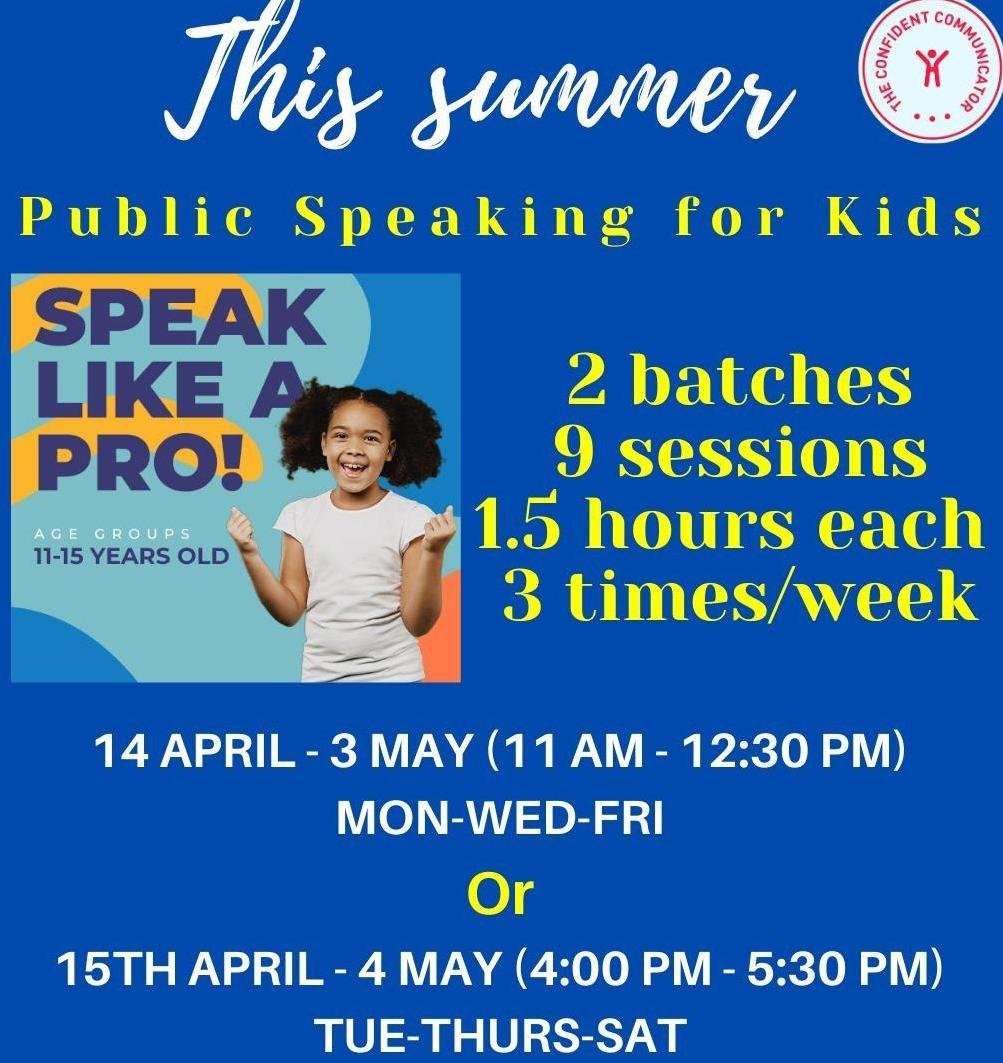





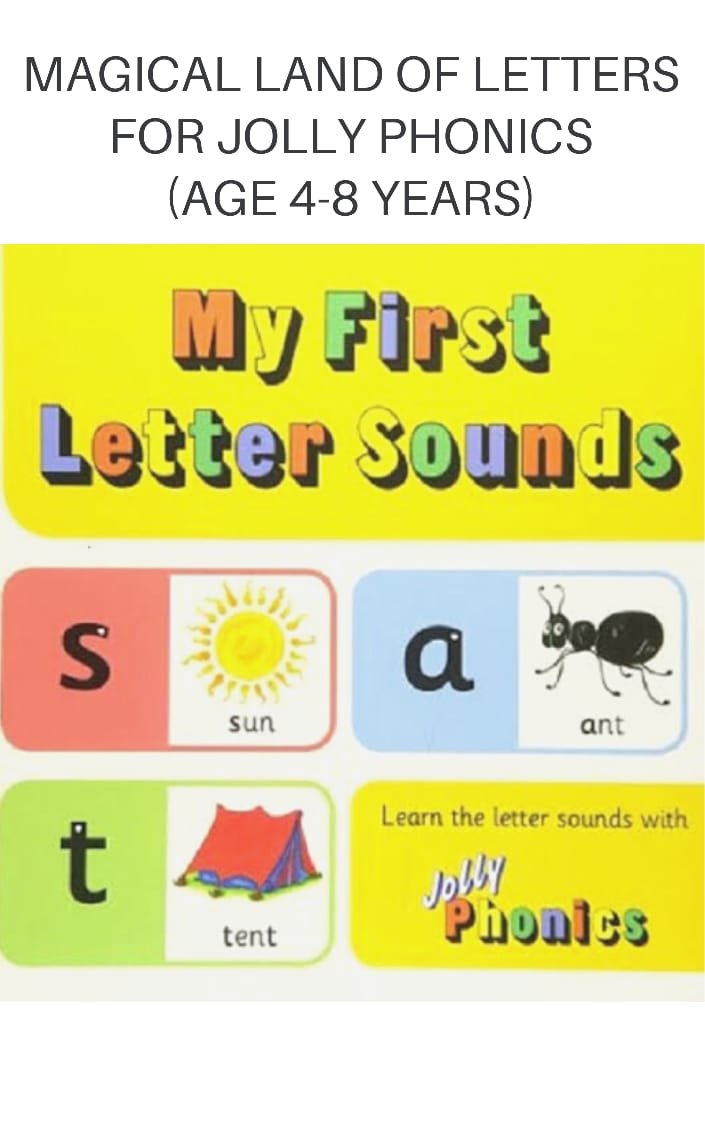
.jpeg)
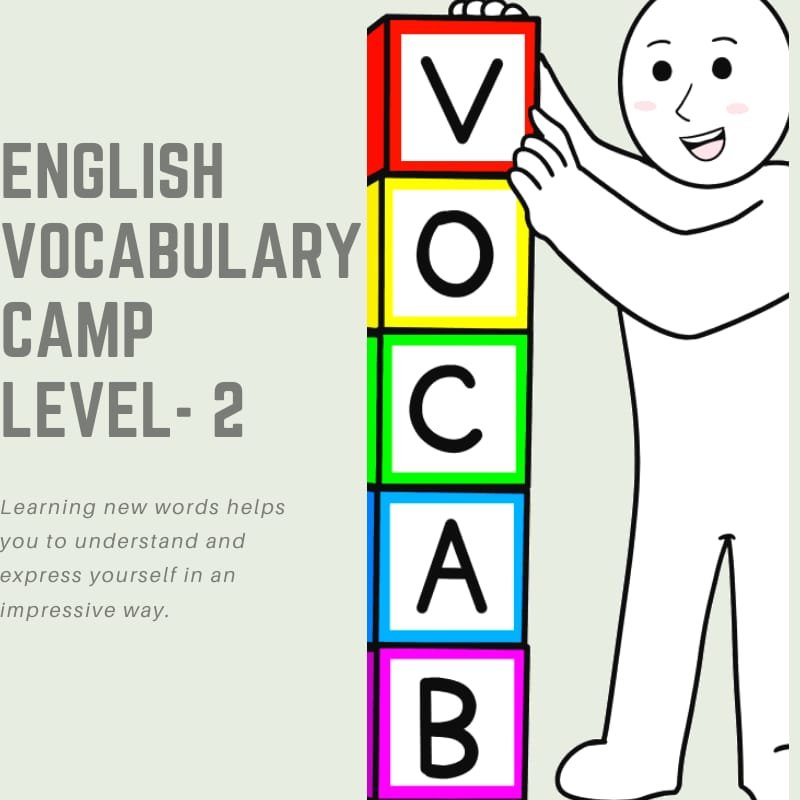

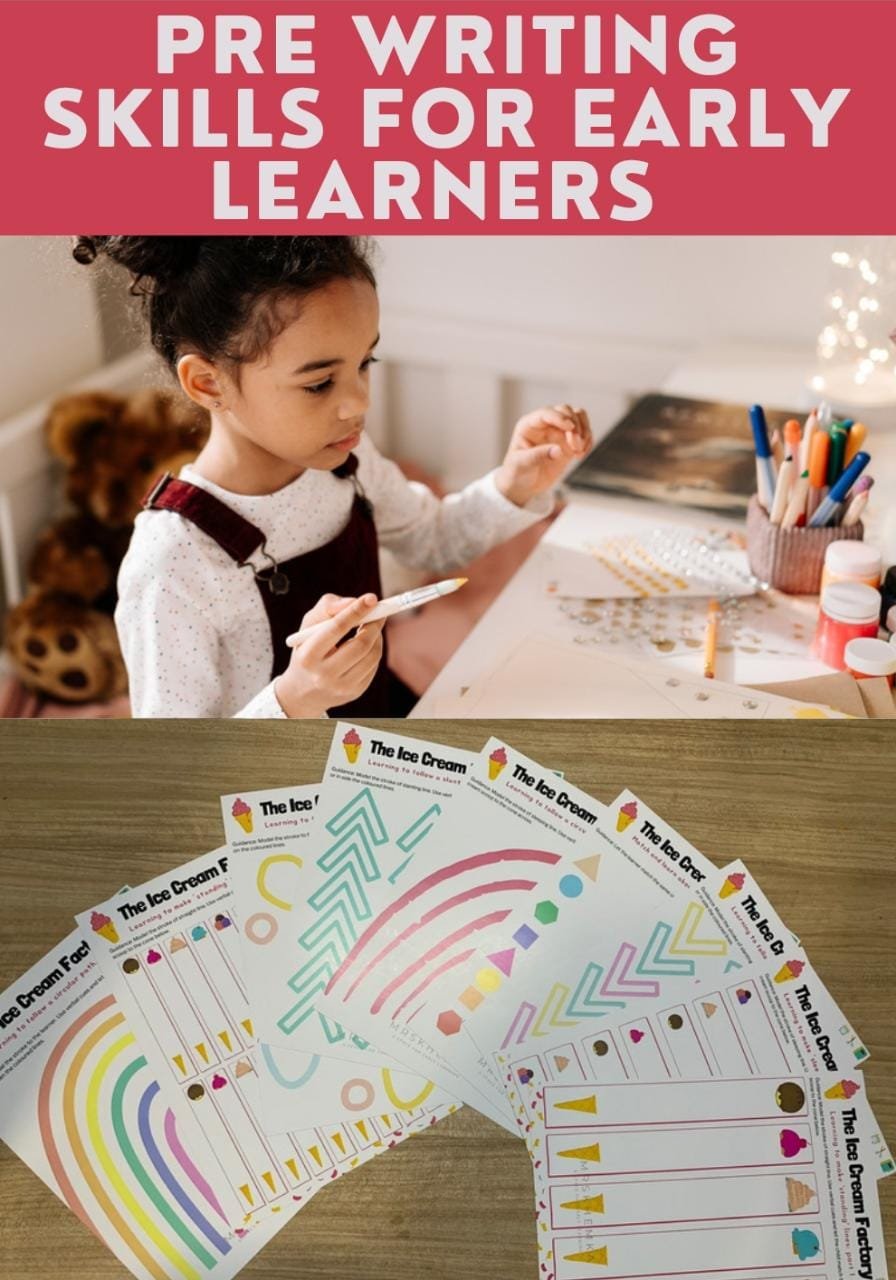


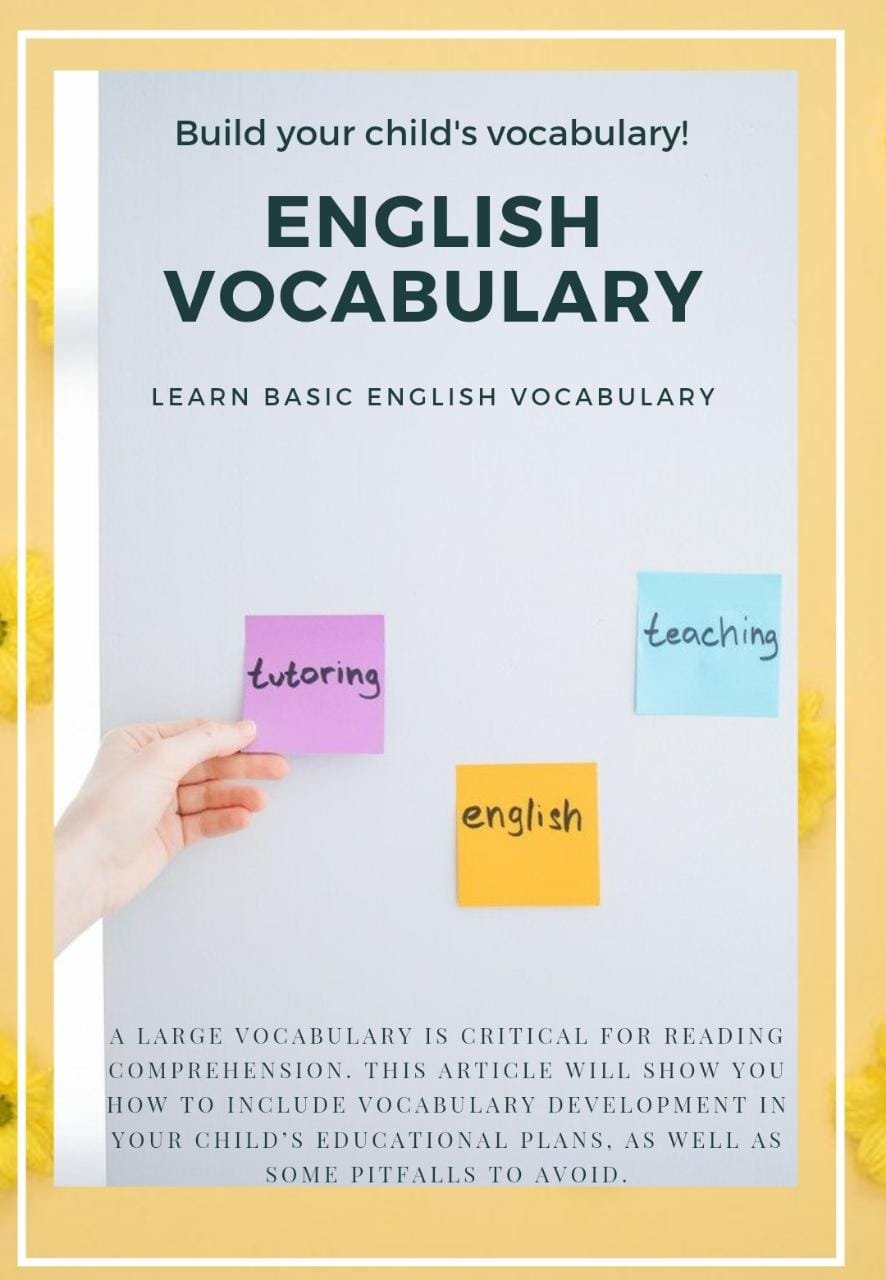
.jpeg )



.jpeg )
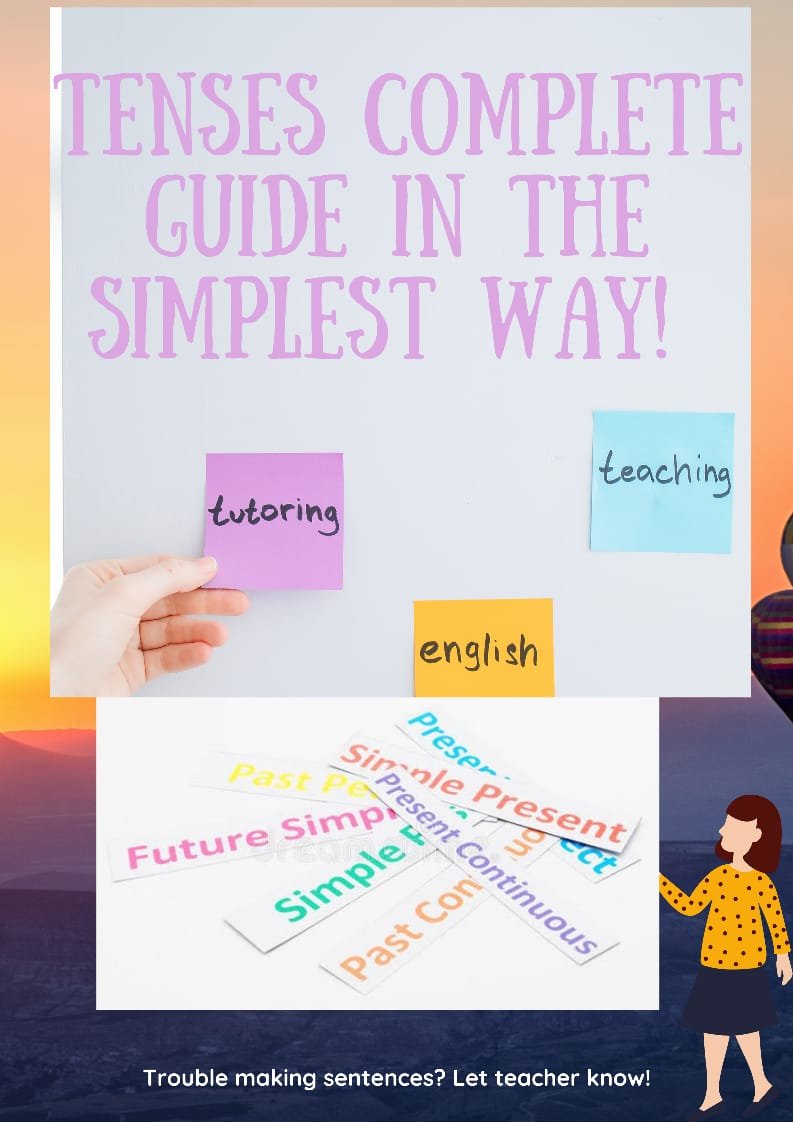

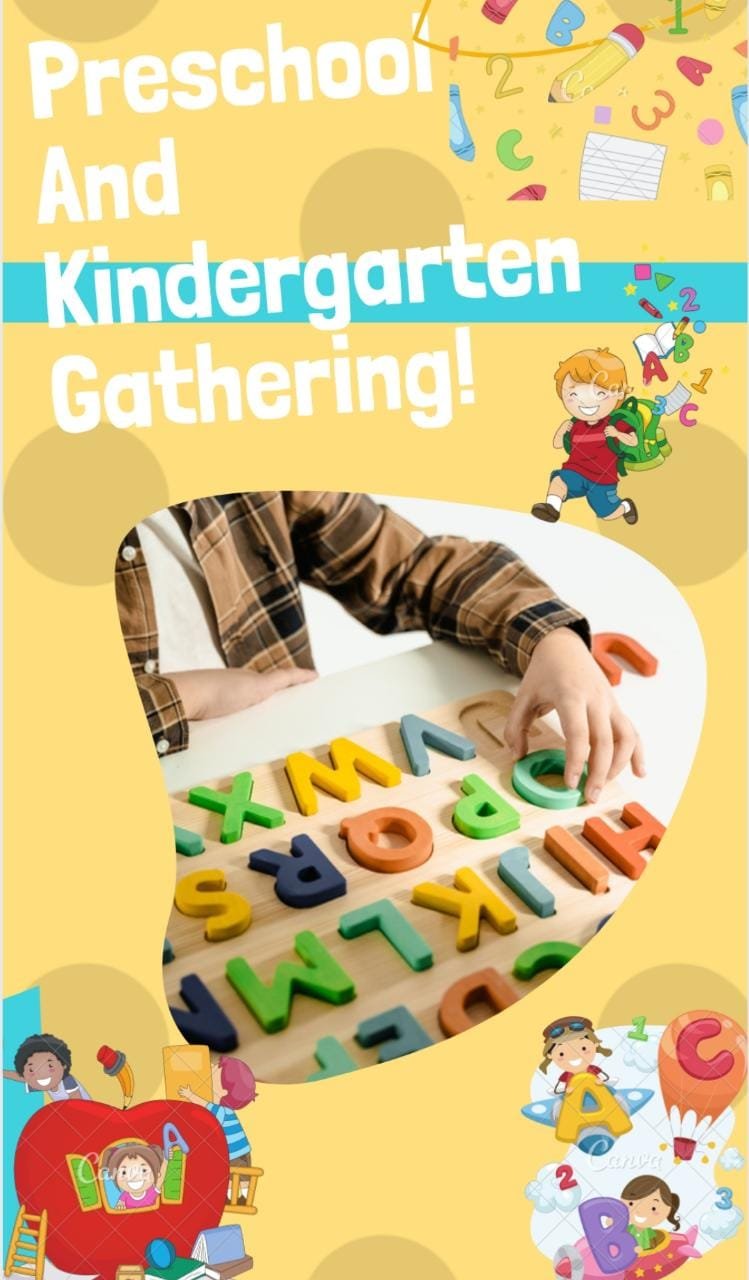
.jpeg )




.jpeg)
.png )

.png )


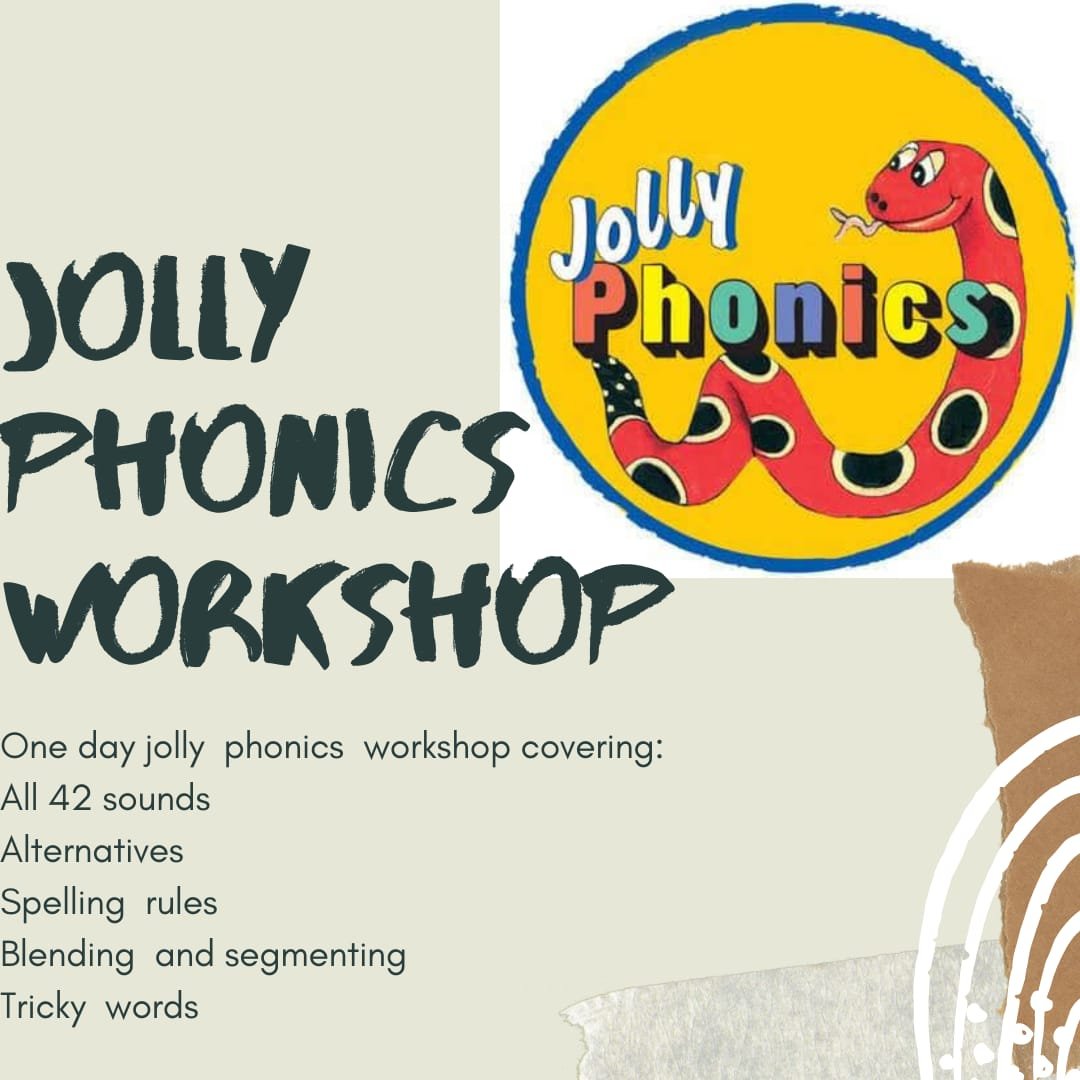

.png )

.png )
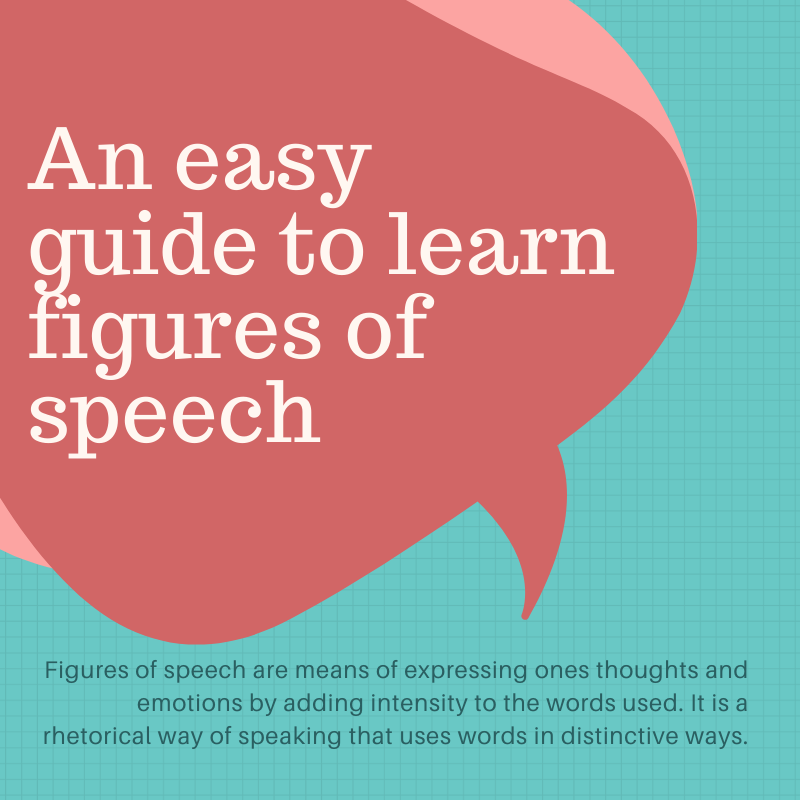
.png)
.png)


.png )



.png )
.png)

.png)
.jpeg )



.png )

.png )
.png )

.png)
.png )
.jpg)
.jpg )


.png )
.png)







.jpg )




.jpg)



.png )

.jpg)

.png )
.png )



.jpg )


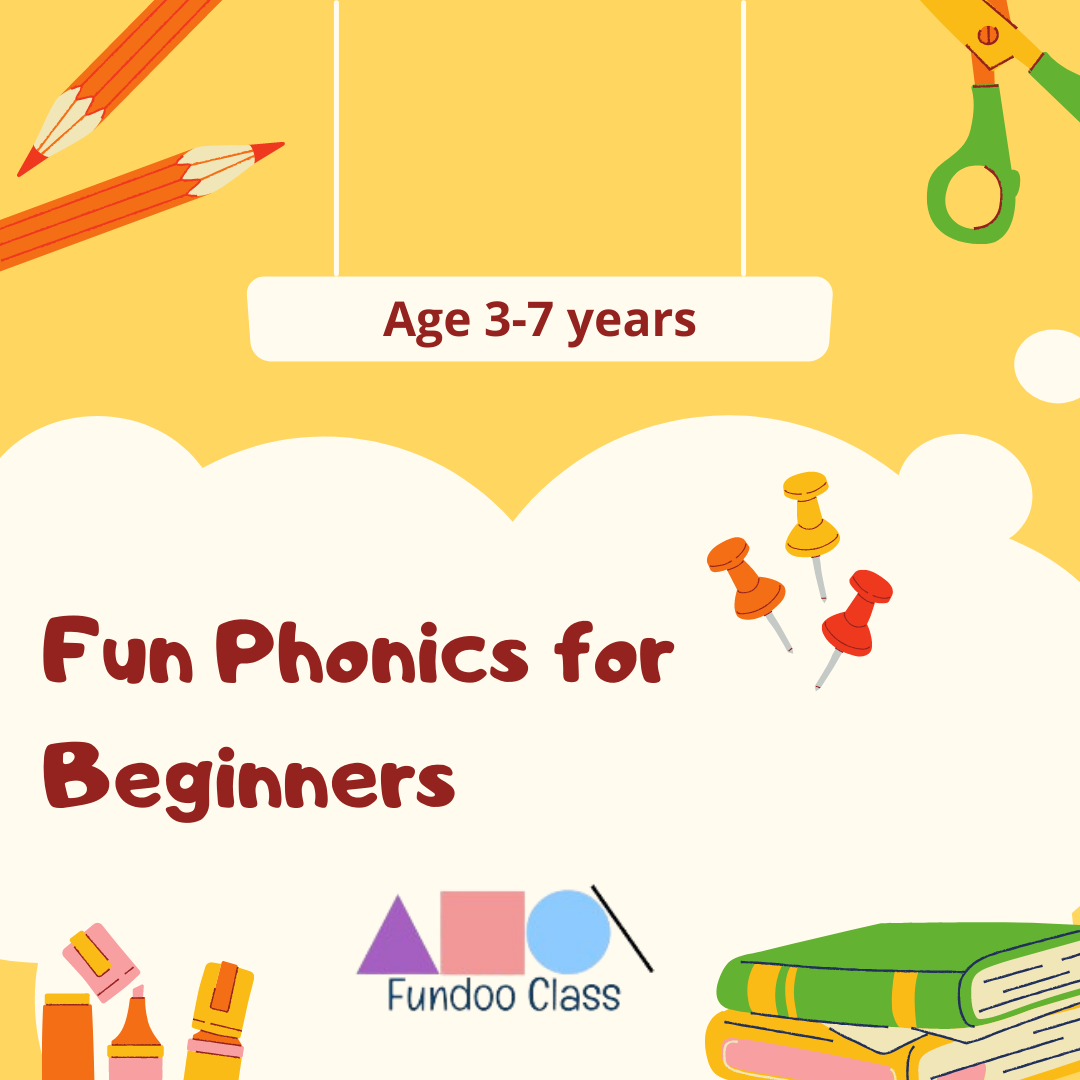

.png)

.png )




.png)
.png )
.png )

.png )
.png)

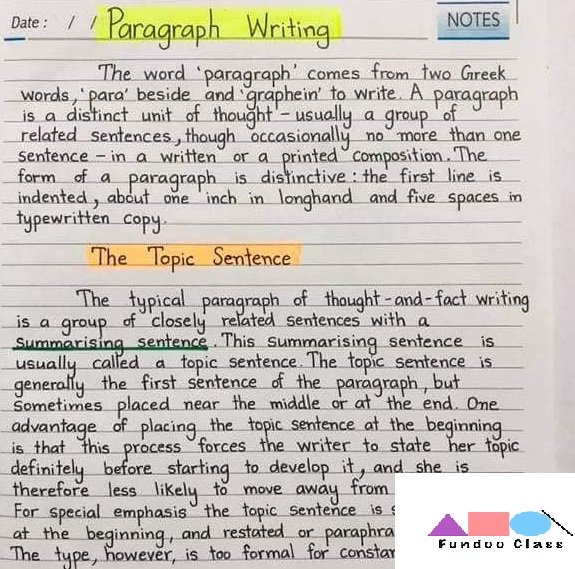












.jpg)

.jpg)
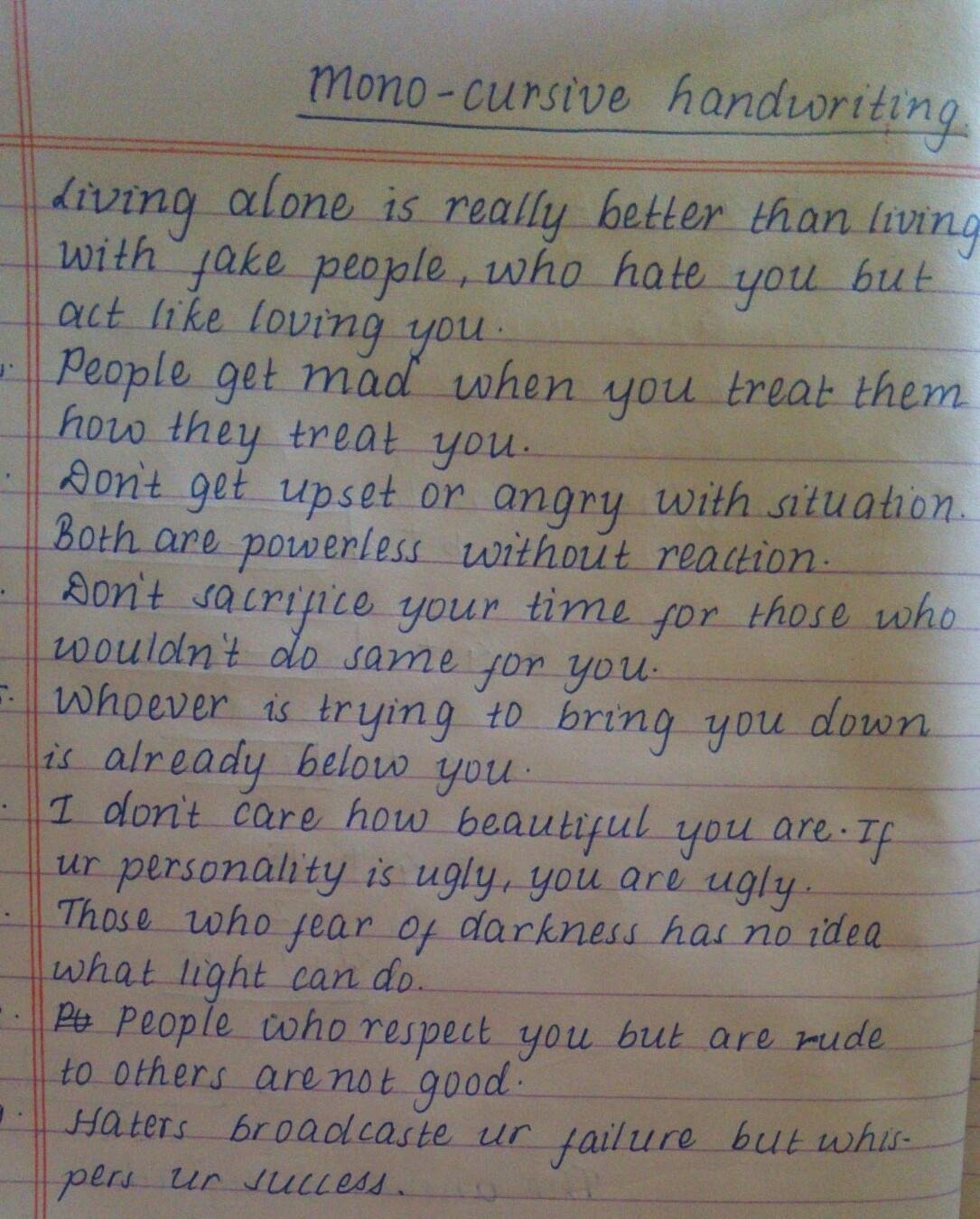


.jpg)

.jpg)
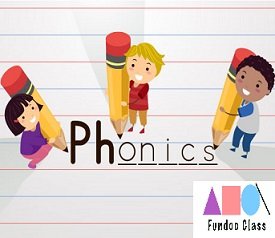

.jpg)

.jpg )





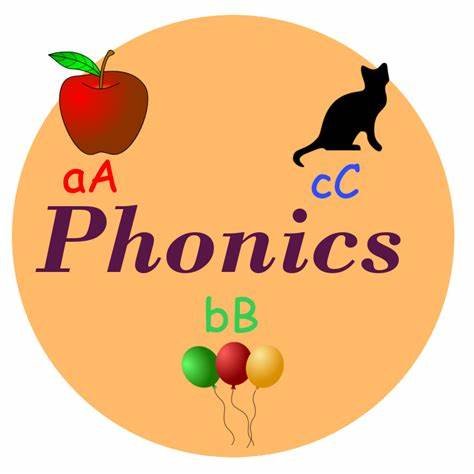
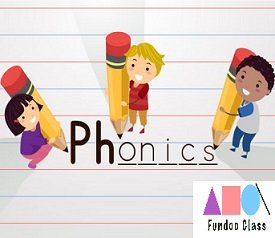


.jpg)



